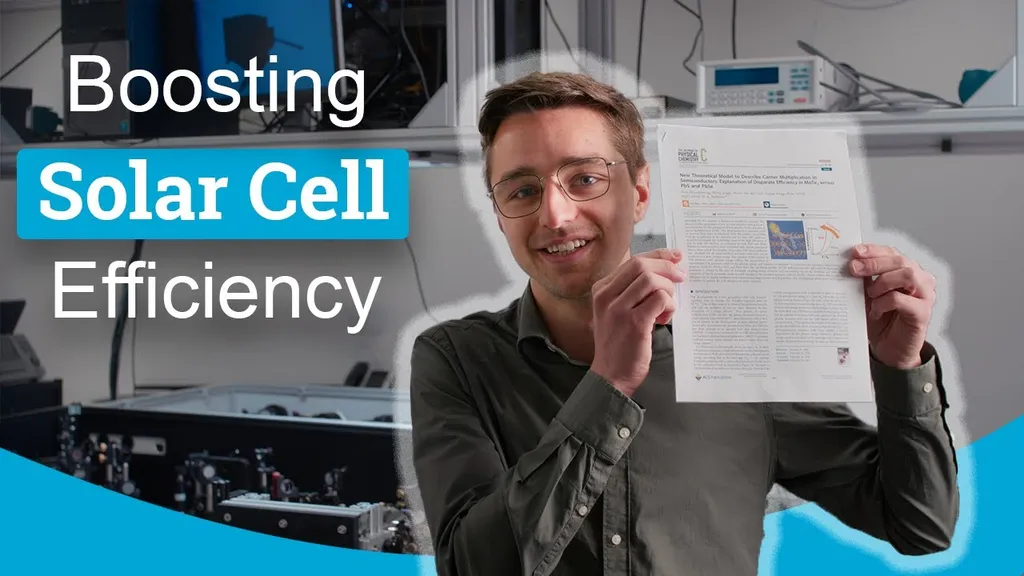In the realm of energy research, two scientists from the Delft University of Technology in the Netherlands have developed a novel algorithm aimed at improving the efficiency of low-power photovoltaic (PV) systems. Kimia Ahmadi and Wouter A. Serdijn have proposed an adaptive gradient descent maximum power point tracking (MPPT) algorithm designed to optimize energy harvesting under challenging conditions.
The researchers’ work focuses on enhancing the classical perturb and observe (P&O) algorithm, a widely used method for MPPT in PV systems. Their proposed algorithm introduces an adaptive gradient descent mechanism that dynamically adjusts the perturbation step size based on the instantaneous power-voltage slope. This innovation aims to minimize tracking time and reduce steady-state oscillations, thereby improving overall system performance.
The new algorithm also includes an optional initialization routine that enhances global maximum power point (GMPP) tracking under partial shading conditions (PSC). This feature is particularly beneficial for PV systems operating in environments where shading from trees, buildings, or other obstacles can significantly impact energy production.
To validate their approach, Ahmadi and Serdijn conducted extensive simulations using irradiance recordings from freely moving rodent subjects, which are relevant to the targeted application. They also tested the algorithm across varying converter topologies and temperatures. The results demonstrated robust, topology-independent performance, with the algorithm achieving 99.94 percent MPPT efficiency under standard test conditions (STC). When applied to experimental data, the efficiency was 99.21 percent, and for tested temperature profiles, it exceeded 99.6 percent. Under partial shading conditions, the initialization routine improved tracking efficiency by up to 7.8 percent.
The researchers also performed a normalized gate-level complexity analysis and developed a unified figure-of-merit (FoM) that incorporates efficiency, tracking time, and computational cost. Their findings indicate that the proposed algorithm outperforms 35 state-of-the-art P&O-based MPPT algorithms. This suggests that the algorithm is well-suited for integration into low-power power management integrated circuits (PMICs) operating under dynamic and resource-constrained conditions.
The practical applications of this research are significant for the energy sector, particularly in the development of more efficient and reliable low-power PV systems. These systems are increasingly important in applications such as wearable electronics, Internet of Things (IoT) devices, and remote sensing, where energy harvesting from ambient sources is crucial.
The research was published in the IEEE Journal of Emerging and Selected Topics in Power Electronics, a reputable source for advancements in power electronics and energy conversion technologies.
This article is based on research available at arXiv.

